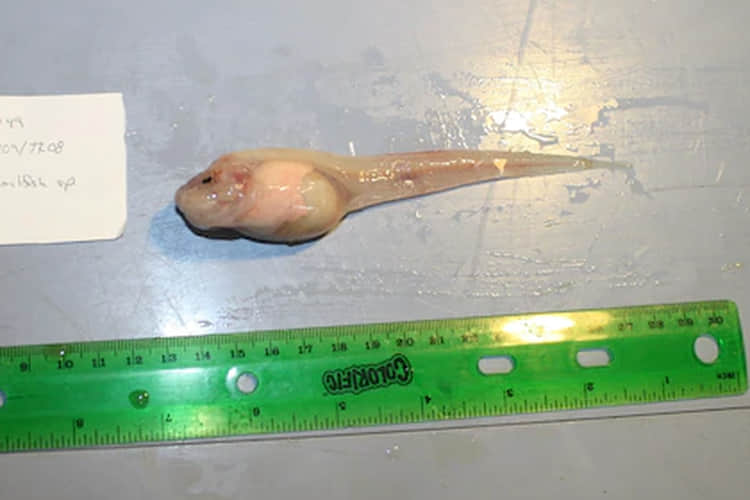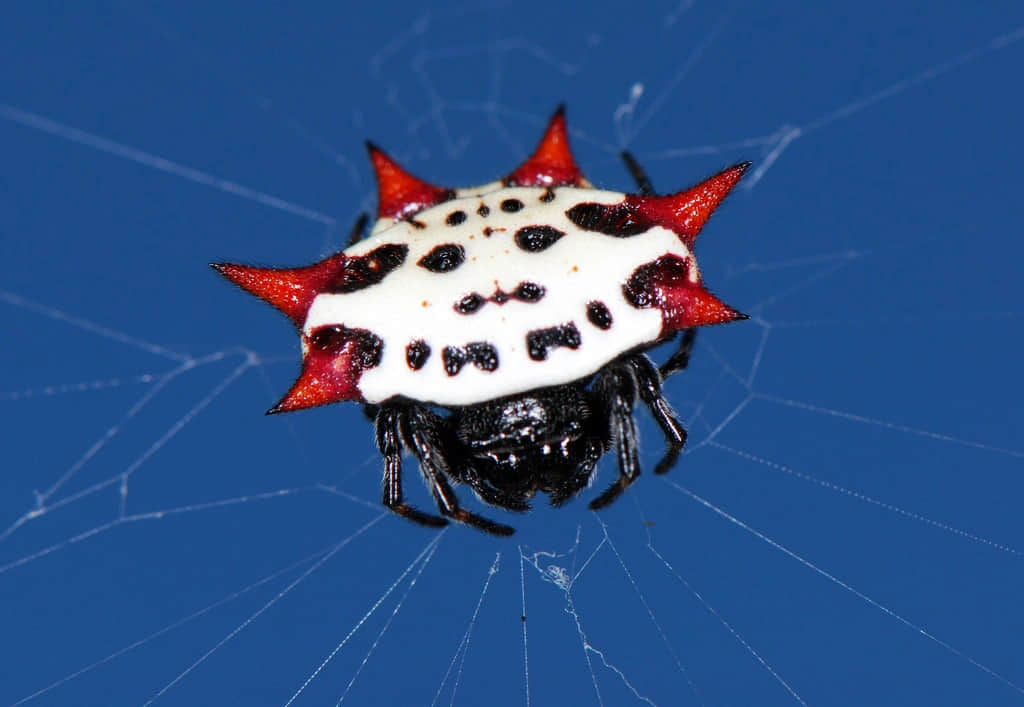Tarlee Smith was riding her horse along the beach in Harvey Estuary, south of Perth, when she saw the creature.
“When I first saw it, I just thought it was a stingray flapping on the water and caught in seaweed,” she told Yahoo news. “Then I thought maybe it’s a baby seal.”
Smith could then see it moving slightly in the water. And it became clear that is wasn’t a type of fish.
“I stood there and watched it for a bit, but then it just lay down and gave up,” Smith told Yahoo news.
As she got closer to the creature she found that it was a large bird known as a whistling kite.

The species is native to Australia and has a wingspan on about 20 to 24 inches. The bird feasts on fish, which could explain how it came to be in the ocean.
Smith used her saddle blanket to pick up the bird, avoiding its talons, the Western Australian Seabird Rescue (WASR ) said in a Facebook post.
The bird was then transported to the rescue center where they are watching over it.
“The Kite is still quite weak and is receiving supportive care at WA Wildlife, a wonderful wildlife hospital that we use for most of our birds that require veterinary care. The bird has no obvious injuries, but once it is stable enough to undergo anesthesia it will have x-rays to confirm there are no breaks,” Rachel Olsen, the volunteer rescuer with WASR who collected the Whistling Kite, told Newsweek. “If we’re lucky, it will just be a matter of building up its strength, weight and conditioning, before it can be released again. If there is a break or injury, the veterinary team at WAW will do whatever is possible to help.”

Olsen said these birds have been severely impacted by human interference, which could be how it ended up in the ocean.
“Whether it’s through loss of habitat, decreased fish stocks, introduced predators, entanglements from fishing line…it seems endless sometimes. When you look at all of those problems collectively, there’s not much an individual can do to effect change; but when you look at an individual bird in need, you absolutely choose to step in and help,” Olsen said. “And while one bird may seem like a drop in the ocean, if you can inspire others with that story, then suddenly you have a group of people who are all passionate about the lives of our native birds and I feel like that can only be a good thing.
“I also have a bit of a soft spot for Whistling Kites. They have a very distinctive call – hence their name! You will often hear them before you see them.”
The rescue center hopes the bird will make a full recovery, so that it can be released back into the wild.





